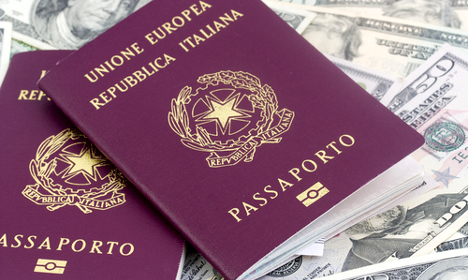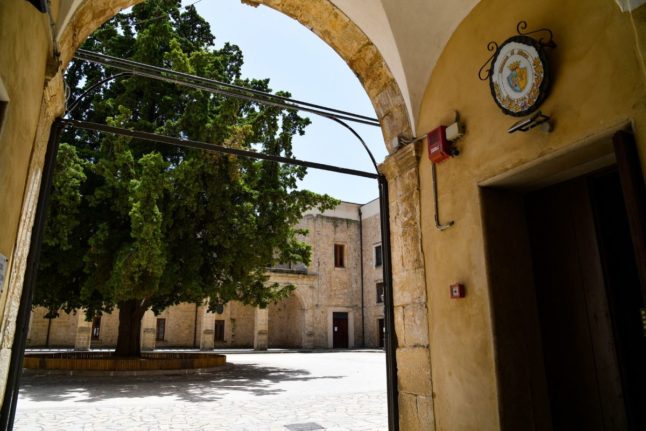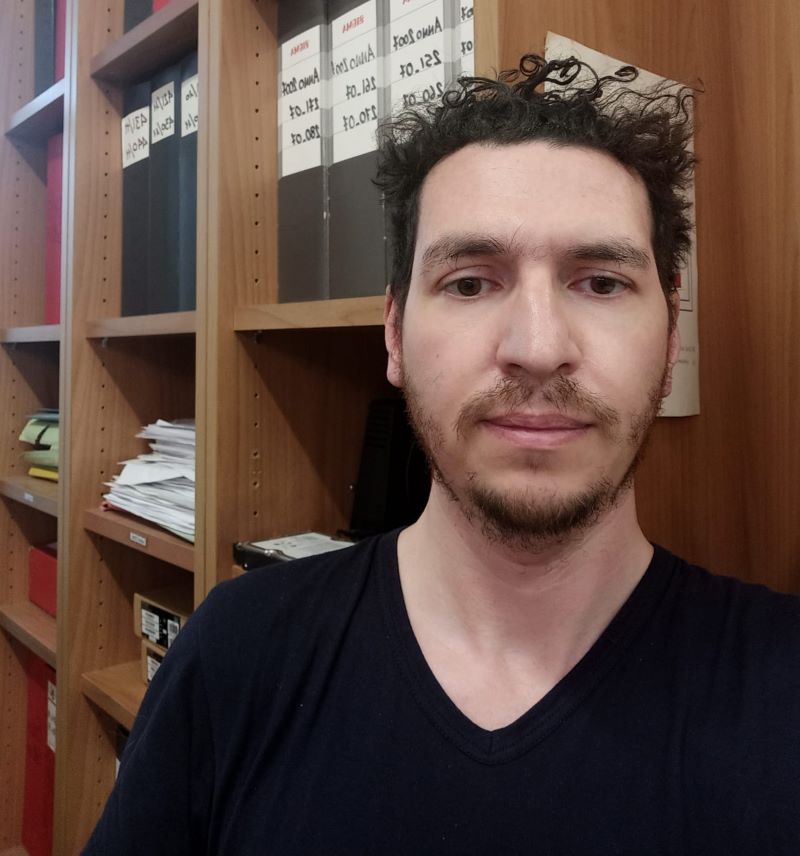Rani Pushpa, 56, was blocked from citizenship by the mayor of Cairate, in northern Italy, who stopped her from swearing the oath of allegiance by arguing her Italian was not good enough.
The oath was to be Pushpa's last step towards gaining citizenship, after getting all the necessary approval from the Italian authorities.
Mayor Paolo Mazzucchelli, from the anti-immigration Northern League party, instead advised her to take a language course.
An Indian citizen, Pushpa has lived in Italy for 15 years and said she struggles with learning the country’s language.
“I’ve already been a number of times to ask to swear the oath, but I wasn’t allowed. Now I’ve spent two months in an Italian school, and my language skills are getting better,” she was quoted in Corriere della Sera as saying.
Sindaco leghista nega cittadinanza a donna indiana: «Non sa l’italiano» http://t.co/ptZ0FWJxLh pic.twitter.com/ge2XbrmywX
— Corriere della Sera (@Corriereit) March 2, 2015
Pushpa now has until Sunday to swear the oath of allegiance, after which her citizenship application will be void.
Her lawyer accused Mazzucchelli of failing to perform his official duties and said the case would be taken to court if Puspha was not allowed to swear the oath imminently.
Pushpa’s husband Kuman, who is already an Italian citizen, said he wanted his and his wife’s “rights to be respected.”
But Mazzucchelli said that there was “no discrimination” in his decision to block Pushpa from citizenship, arguing that he performs weekly citizenship tests for people who speak Italian.
“A person that swears the oath to obtain Italian citizenship must know how to speak Italian. As foreseen in law, they must know how to read the constitution.
“Mrs Pushpa was still not ready. I therefore suggested, during a friendly meeting in which her daughter and son-in-law were present, to enrol in an Italian course. If she is ready to recite the phrase in Italian, there’s no opposition on my part,” he said.
Mazzucchelli’s Northern League has being gaining popularity in recent months, with party leader Matteo Salvini campaigning on a firmly anti-immigration stance.
At a rally in Rome on Saturday, Salvini listed stopping immigration as one of the party’s three priorities, along with scrapping the euro and getting back “monetary sovereignty”.
“There is no more room for anyone else with the unemployment rates we have today. And finally, Italians first," Salvini said.




 Please whitelist us to continue reading.
Please whitelist us to continue reading.